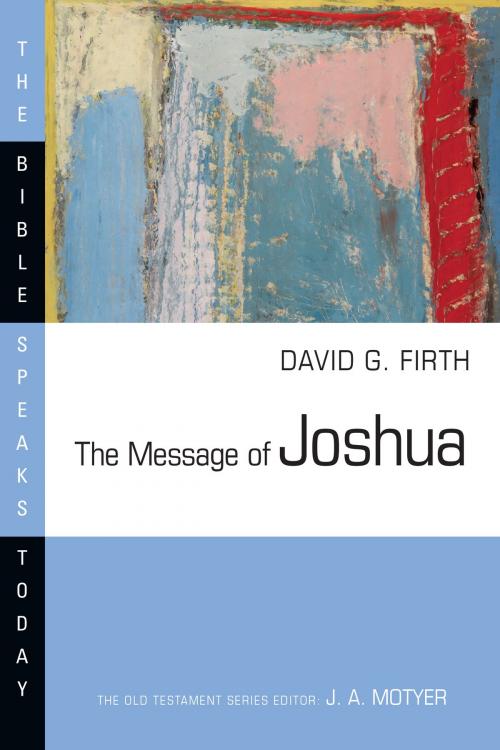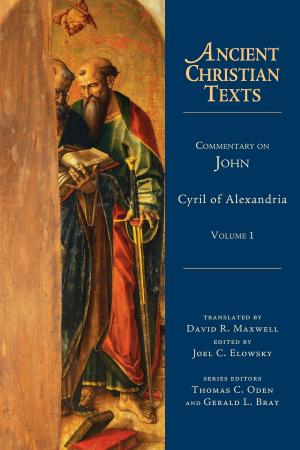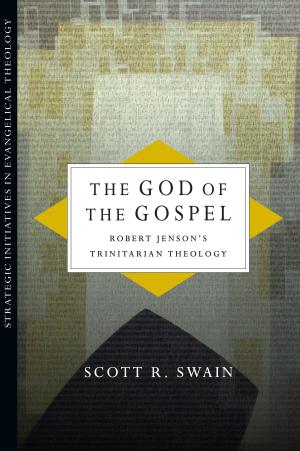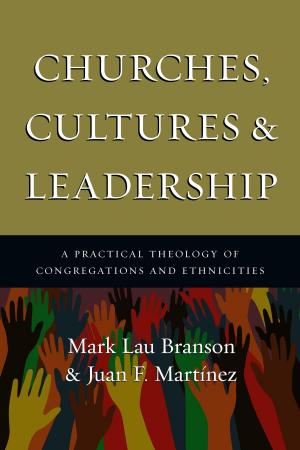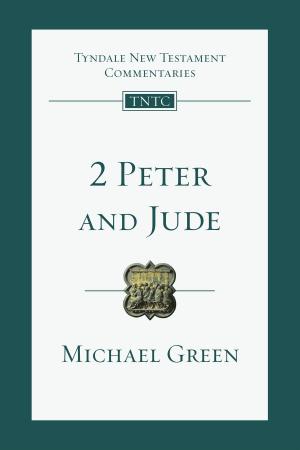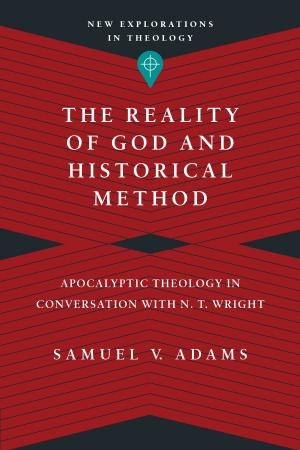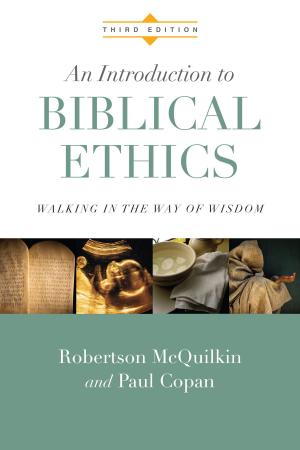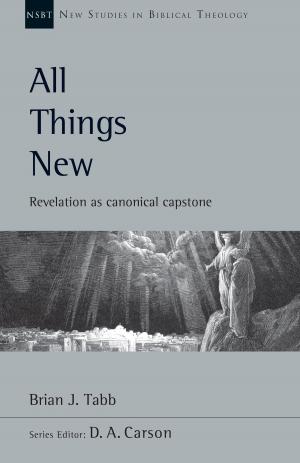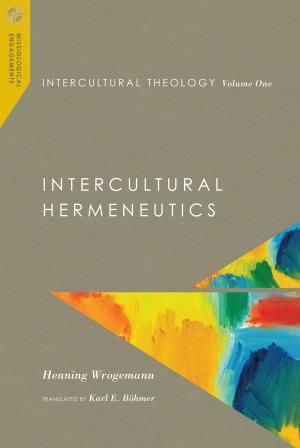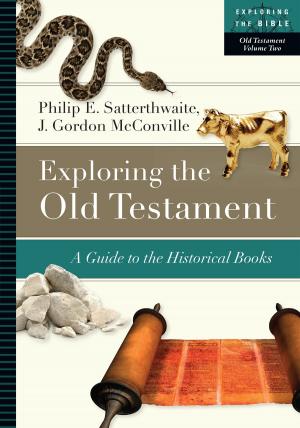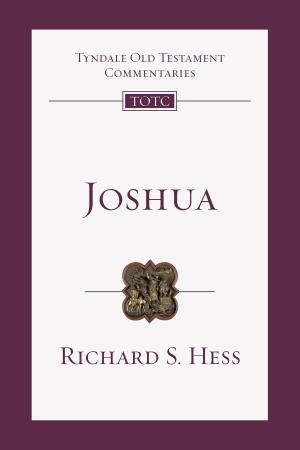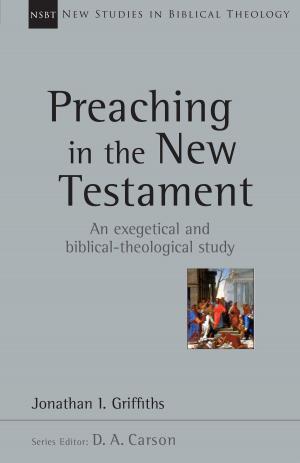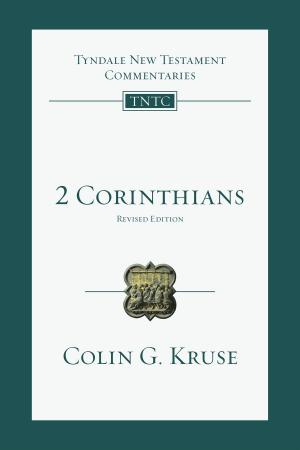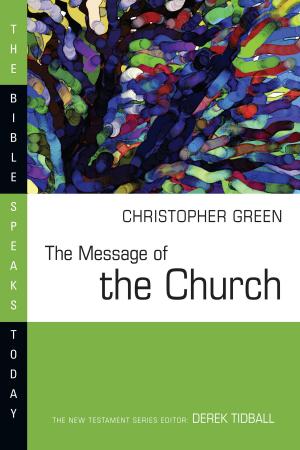The Message of Joshua
Nonfiction, Religion & Spirituality, Bible & Bible Studies, Study, Old Testament, Commentaries| Author: | David G. Firth | ISBN: | 9780830899777 |
| Publisher: | IVP Academic | Publication: | December 5, 2015 |
| Imprint: | IVP Academic | Language: | English |
| Author: | David G. Firth |
| ISBN: | 9780830899777 |
| Publisher: | IVP Academic |
| Publication: | December 5, 2015 |
| Imprint: | IVP Academic |
| Language: | English |
The book of Joshua recounts the momentous events of Israels entry into Canaan, the promised land: Joshuas commission and reassurance, crossing the Jordan river, the capture of Jericho and Ai, the grand covenant renewal ceremony at Mount Ebal, the curious treaty with the Gibeonites, and a rapid overview of the campaigns in the south and the north. The second half of the book gives extensive details of the allotment of the land to each tribe, before resuming the conquest story and concluding with farewell speeches and burial notices. It is an action-packed story—but perhaps more than any other, Joshua is the Old Testament book that most troubles contemporary readers, whether Christians or critics: Isnt there too much violence, and isnt this inconsistent with the rest of Scripture, and the gospel? David Firth begins his excellent exposition with a careful and helpful response to this issue. However, while addressing the problems is undoubtedly important, we must also consider how the book continues to speak to us today as Gods word. Firths basic contention is that we have to read Joshua as part of Gods mission, which for much of the Old Testament centered on Israel, but finds its ultimate focus in Jesus Christ. The book challenges those who have read it down through the ages to recognize that God not only includes those who join him in his mission, he also excludes those who choose to set themselves against it.
The book of Joshua recounts the momentous events of Israels entry into Canaan, the promised land: Joshuas commission and reassurance, crossing the Jordan river, the capture of Jericho and Ai, the grand covenant renewal ceremony at Mount Ebal, the curious treaty with the Gibeonites, and a rapid overview of the campaigns in the south and the north. The second half of the book gives extensive details of the allotment of the land to each tribe, before resuming the conquest story and concluding with farewell speeches and burial notices. It is an action-packed story—but perhaps more than any other, Joshua is the Old Testament book that most troubles contemporary readers, whether Christians or critics: Isnt there too much violence, and isnt this inconsistent with the rest of Scripture, and the gospel? David Firth begins his excellent exposition with a careful and helpful response to this issue. However, while addressing the problems is undoubtedly important, we must also consider how the book continues to speak to us today as Gods word. Firths basic contention is that we have to read Joshua as part of Gods mission, which for much of the Old Testament centered on Israel, but finds its ultimate focus in Jesus Christ. The book challenges those who have read it down through the ages to recognize that God not only includes those who join him in his mission, he also excludes those who choose to set themselves against it.
